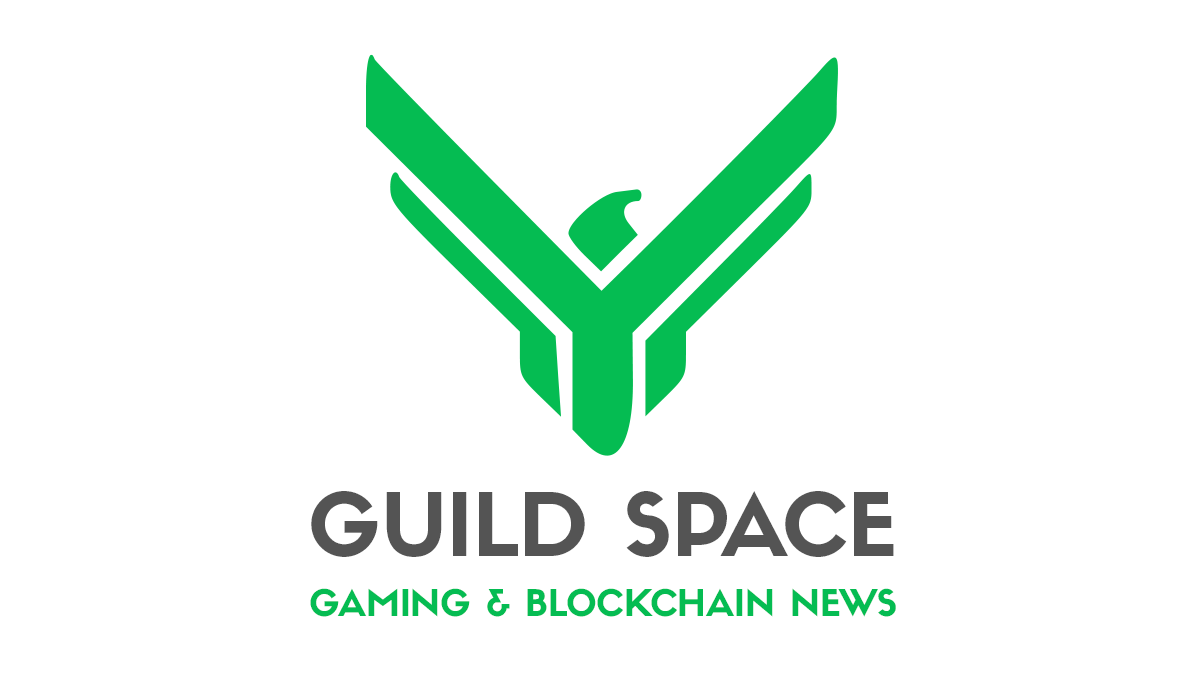Digital Identity in Multiplayer Blockchain Games: Prospects and Challenges


Introduction
The gaming industry has been revolutionized by the advent of blockchain technology. With this, a new concept of digital identity has emerged, allowing players to own and control their virtual personas and assets across different games and platforms. This article will discuss the prospects and challenges of digital identity in multiplayer blockchain games.
Digital Identity in Blockchain Games
Digital identity refers to a user’s online persona, which can include their username, avatar, and in-game assets. In blockchain games, digital identity is securely stored on a decentralized network, providing players with true ownership and control over their virtual belongings. This also enables cross-platform compatibility and the potential for trading and monetizing virtual assets.
Benefits of Digital Identity in Blockchain Games
There are several advantages to having digital identity in blockchain games:
- True Ownership: Players can truly own their in-game assets, characters, and achievements, which can be transferred between games or sold on marketplaces.
- Cross-Platform Compatibility: Blockchain technology allows for interoperability between different gaming platforms and ecosystems, enabling seamless transitions for players.
- Enhanced Security: Blockchain’s decentralized nature and cryptographic security measures ensure the protection of digital identities from hacking and fraud.
- Data Control: Players have control over their data and can manage their access and usage levels of their digital identity.
Challenges of Digital Identity in Blockchain Games
Despite the numerous opportunities, digital identity in blockchain games also faces several challenges and issues:
- Privacy: Maintaining anonymity and privacy of user data is a critical concern, as blockchain provides transparency in transactions and data accessibility.
- Regulation: Blockchain technology intersects with legal frameworks, which can lead to regulatory and jurisdictional issues regarding digital identity and virtual goods.
- Scalability: Blockchain must be sufficiently scalable to support large numbers of players and real-time transactions, which can present technical difficulties.
- Interoperability: Interaction between different games and blockchain systems requires the development of standards and data exchange protocols.
Conclusion
Digital identity in multiplayer blockchain games is an exciting and promising area of development. It opens up new possibilities for players and developers but also poses complex challenges in terms of technology, security, and regulation. Addressing these challenges will determine the future of digital identity in the gaming industry and help shape a new level of interaction and experience for players worldwide.
Recent Posts
How to Manage an Online Community: Best Practices for Success
In today's digital age, online communities have become a pivotal aspect of brand building, marketing, and fostering user engagement. Proper…
The Future Smart Home: Automation, Energy Efficiency & Next-gen Technologies
Automation, Energy Efficiency, and Cutting-edge Technologies in Domestic Management. 1. Introduction In today's world, technology continues to become more integrated…
Building an Online Community: A Step-by-Step Guide
In today's digital age, online communities have become hubs for knowledge exchange, shared interests, and camaraderie. If you're thinking of…
Blockchain’s Revolution in Real Estate: Ushering in Transparency
Blockchain, originally known as the backbone technology of cryptocurrencies, holds potential far beyond the financial sector. One such area where…
Leveraging Graph Databases for Complex Data Structure Analysis: An Overview of Benefits and Application Methods
The contemporary data landscape is ever-expanding and becoming more intricate, and conventional analysis tools and methods often fall short in…
Leveraging Quantum Computers in Scientific Research: A Revolution in the World of Science
The emergence of the first working prototypes of quantum computers signaled a new era of scientific exploration. With a fundamentally…